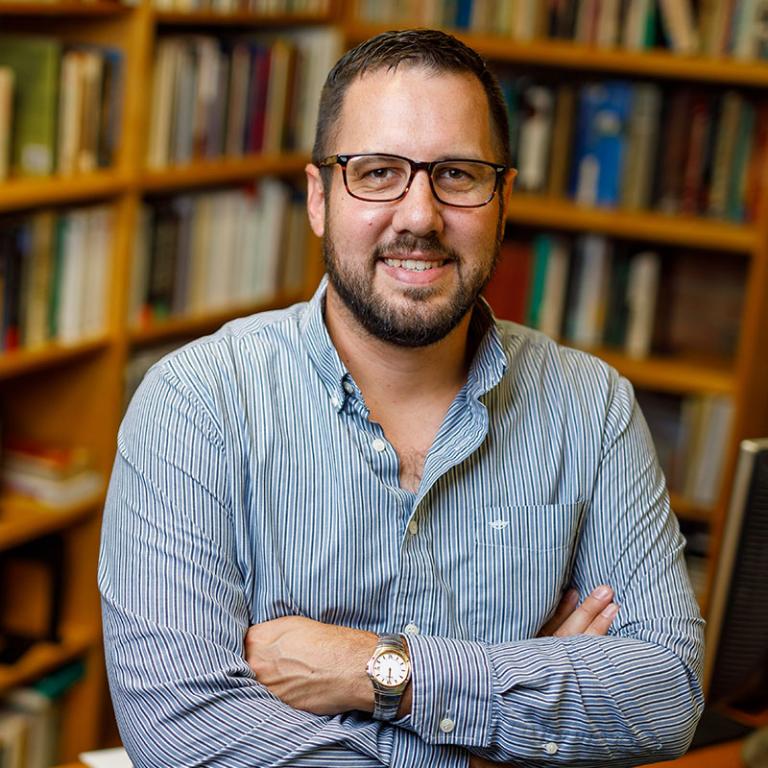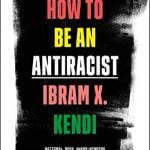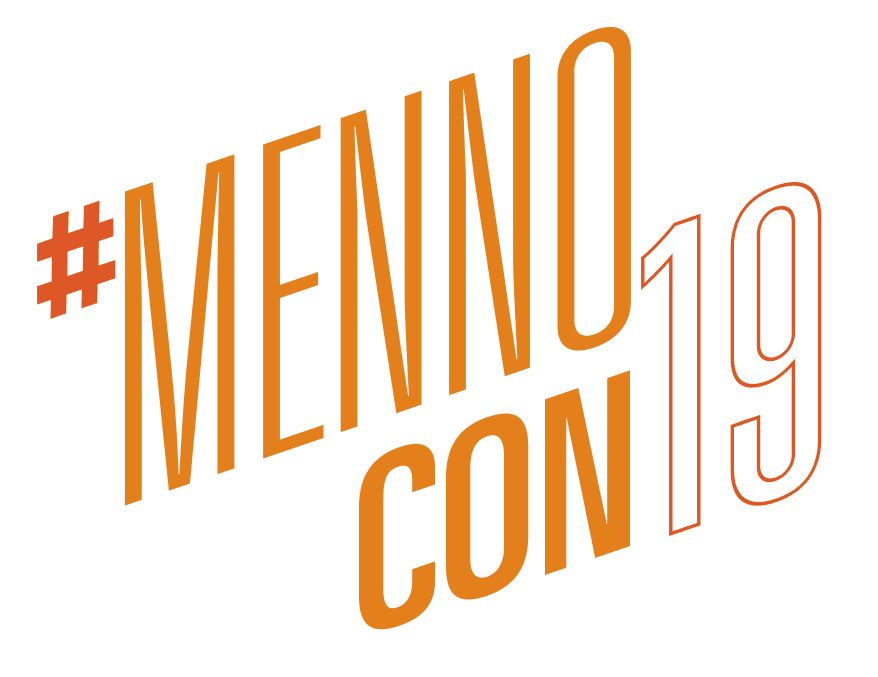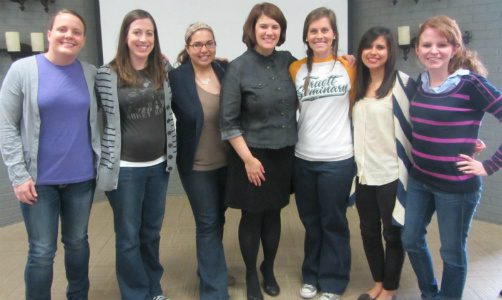Yesterday the community at Anabaptist Mennonite Biblical Seminary received word that our beloved New Testament professor emeritus, Willard M. Swartley, had died. This news came as a shock since Willard had remained so active in the life of the seminary since his retirement in 2004 that it felt like he would simply always be around.
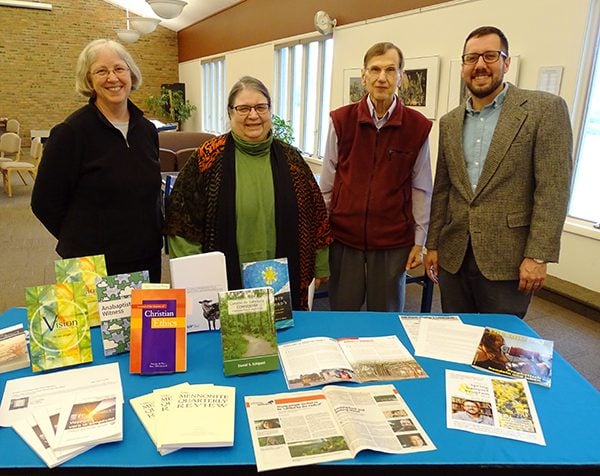
Just last Friday Willard joined us for a book celebration for our two Bible professors, who each recently published a book. He then stuck around for a lunch with visiting Catholic ethicist Tobias Winright, who shared about his work on just and unjust policing.
During the Q&A, Willard was the first to speak up: “Even on just war principles, keeping troops in Syria to guard oil fields is unjust! You can use troops to protect civilians—but not oil!”
Here was a pacifist Mennonite New Testament scholar arguing just-war principles to a just-war Catholic social ethicist against the current US administration’s policies. (Needless to say, Tobias agreed with his assessment.)
There was no question that Willard had a sharp, active, and inquisitive mind to the end. With an office just down the hall from mine, he often stopped in just to see what I was working on at the Institute of Mennonite Studies, where he had served as director in the 1980s and 90s.
But Willard was also as generous a scholar as I’ve ever met. Last spring he stopped by my office to tell me he had read an article I wrote on Gerasene demoniac for our journal Vision. “I wish you had told me about this article earlier,” he gently chided me. “I just wrote a whole book on Jesus and exorcisms!”
I thought he was telling me that I should have read his book before writing my article (which would have been true enough). But then he clarified: “If I had known about your article earlier, I would have included it in my bibliography before sending back the proofs to the publisher!”
This author of 10 monographs and editor of over 20 books over the span of 50 years was willing to engage and promote a young scholar as though he still had more to learn. In the past 24-hours, I’ve heard other stories just like this from Swartley’s junior colleagues.
But Willard was not only an intellectual giant and a generous colleague. He was also a deeply pious follower of Jesus. Before I started working at AMBS, I sent Willard a copy of a review I wrote of his book Health, Healing, and the Church’s Mission. Willard wrote to thank me for the review but also to share with me his story of healing that took place on June 26, 2012, just after the book was published:
On this day I was scheduled to go to the hospital for an A-Fib conversion, an external electric shock to my heart-beat into rhythm. On that morning I woke up early, ca. 5:00. Since I was supposed to fast before the medical procedure, I could spend more time with my daily Bible reading. At the time I was following the three readings per day designated in the Book of Common Prayer: a Psalm, another OT text, and a NT text. The NT text for the day was Luke 7:1-10. I was better acquainted with the Matthew parallel, which lacks many of the arresting details in the Luke version. It’s the story of Jesus healing the Centurion’s Servant. . . .
The story had fastened itself on me, but then comes another part: what happened as Jesus was on the way. The centurion sends out other servants who say he said, “I am a man under authority and my soldiers do what I say . . . I am not worthy for you to come under my roof, only speak the word and my son/servant will be healed.’’ Wow, that really gripped my spirit, and I began to hear from John Michael Talbot’s cantata, Light Eternal, the words, (tenor) “only speak the words,” (alto) “and I will be healed.” By now I was in the grip of the Word, deeply stirred in spirit, and then came a warming wave over me, from head to feet, and I knew I was healed. My pulse was strong and steady.
Willard goes on to describe how he nevertheless kept his appointment just to be sure, but the appointment confirmed what he already knew: “A miracle surprise! I had not asked to be healed, but was healed, with medical EKG confirmation. Thanks be to God!”
Willard knew that all healing, whether miraculous or through medical intervention, is a gift from God and that the only response is one of gratitude. He also knew that, until the resurrection, frailty and death are part of the human condition. In his appointments in the years that followed, he went back to receiving his cardioversion treatments and never again received a miraculous healing. But each year at his appointment, his doctor would tell him, “You are a miracle. You are doing exceedingly well!”
It’s true, Willard: Your life was a miracle, and you lived it exceedingly well. Thanks be to God!

